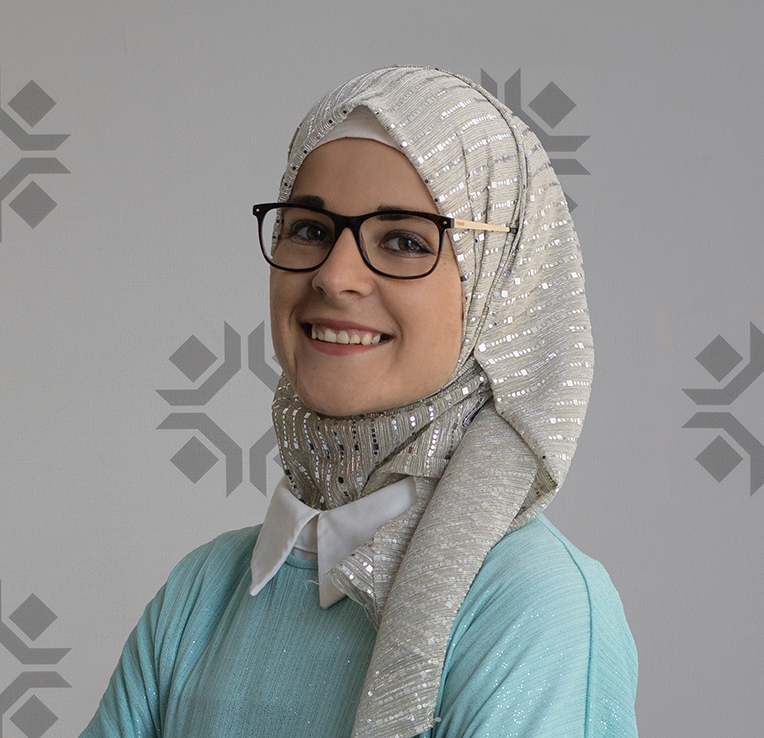
In my experience in the QA field so far, I have had opportunities to work with clients from all around the world. I have been working in a local team containing developers, UI/UX designers, Product managers/Scrum Master, DevOps engineers, etc.
My work was composed of manual and automation testing based on a plan we created from clients’ requirements. I mostly communicated only with my team and the manager. Other communications and stuff related to the project were held by the Project Manager and a client.
In some way, this kind of approach looks easier since you do not need to present your work to the client and your review depends only on your internal team. On the other hand, the expectations of the local team can be higher, and sometimes you need to carefully choose words and questions to ask. People think if you are present, issues can be fixed fast and that your work depends on someone else's estimations.
However, even if the team is located in the same office the communication among them should remain professional. The biggest problems we faced were related to additional documentation like the information we needed from the client which was not delivered on time. We had to wait for scheduled meetings to get data and this is a usual problem for local teams working on outsourcing projects.
That kind of situation affects the whole feature development process especially if the team and the client are in different time zones. Moreover, when you work with one team and you meet each other, create friendships, you are already in your comfort zone. The reviews were based only on the expectations and professional opinions of my team members, but I think that clients' opinion plays an important role as well.
As a QA Consultant, you’re not presenting only yourself, but your company too. As a QA Consultant in System Verification for short time I had a chance to work with two different teams. Besides learning different technologies and working with different environments I organized QA tasks and presented them to clients. I participate in project planning and daily meetings and, I can tell my problems and suggestions directly to the client. I had a chance to work on a project consisting of team members from around the world, hold demos of my work, and get timely feedback from professionals who have worked for the biggest IT companies in the world. We are not physically close to each other, but we all work together to develop good qualitative software.
Besides that, I also had a chance to be a mentor. As a mentor, I had an opportunity to work with people having different knowledge bases, and I learned something new from them such as better professional communication, new tricks in programming, the right approach toward health at work, sales skills, etc.
You can learn something new from every person you work with. Do not think if you have more work experience than someone else that your colleague does not have a skill that can help you to grow and improve your work.
During outsourcing work with the local teams, my technical skills grew a lot. As a QA Consultant, I learned how to improve soft skills too and connect them with technical skills. It helped me to improve my communication, learn something new from people coming from different cultures and nationalities which is an important part for every person working in this industry. My advice for everyone is the following:
In the end, feedback from the client and your local team are both important so take the opportunity to listen, learn, work and shine.





.jpg)
